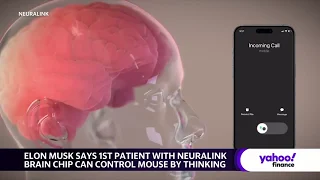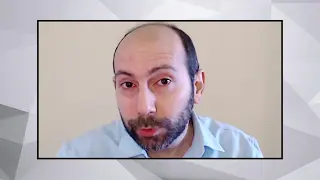Ever felt your memory faltering or struggled to grasp new concepts? Does that mean your “prime” is over? Many believe intelligence peaks in our 20s, leaving us mentally downhill from there. But the truth is far more nuanced. Let’s dive into the fascinating world of mental development and debunk this common misconception.

Fluid vs. Crystallized Intelligence: A Multifaceted Picture
While raw cognitive speed and memory (fluid intelligence) may decline slightly after our 20s, that’s just one piece of the puzzle. Crystallized intelligence, our ability to utilize knowledge and experience, steadily rises throughout life. This means problem-solving, critical thinking, and wisdom often blossom with age. Imagine a seasoned chess player: their lightning-fast reflexes might not be what they were at 20, but their strategic prowess and accumulated knowledge give them an edge.
Beyond the Numbers: The Value of Experience
Life throws experiences at us, shaping our knowledge base and perspective. An experienced surgeon may not have the same reaction time as a medical student, but their wealth of experience allows them to make crucial decisions under pressure. This accumulated wisdom is invaluable and continues to build throughout our lives.

The Sweet Spot: Striking the Balance
So, when does our mental prowess peak? The answer is: it depends. Different cognitive abilities have different trajectories. Fluid intelligence might peak earlier, while crystallized intelligence continues to grow. Ultimately, the sweet spot lies in the interplay between these two types of intelligence. A young, quick thinker with limited experience can excel in certain areas, while a seasoned individual with a vast knowledge base may shine in others.
Remember:
- Mental development is a lifelong journey: Don’t be discouraged by the “20s peak” myth. Your brain remains adaptable and capable of learning and growing throughout your life.
- Embrace the different types of intelligence: Fluid and crystallized intelligence are both valuable assets. Play to your strengths and continue to learn and challenge your mind.
- Focus on holistic well-being: Physical activity, healthy habits, and social engagement can all contribute to cognitive health and well-being at any age.
By understanding the nuances of mental development, we can move beyond age-related stereotypes and embrace the unique cognitive strengths we possess at different stages of life. Remember, it’s never too late to learn, grow, and reach your full potential.
Disclaimer: This article is for informational purposes only and does not constitute medical advice. Please consult with a healthcare professional for any questions or concerns regarding cognitive function and mental health.











Discussion about this post